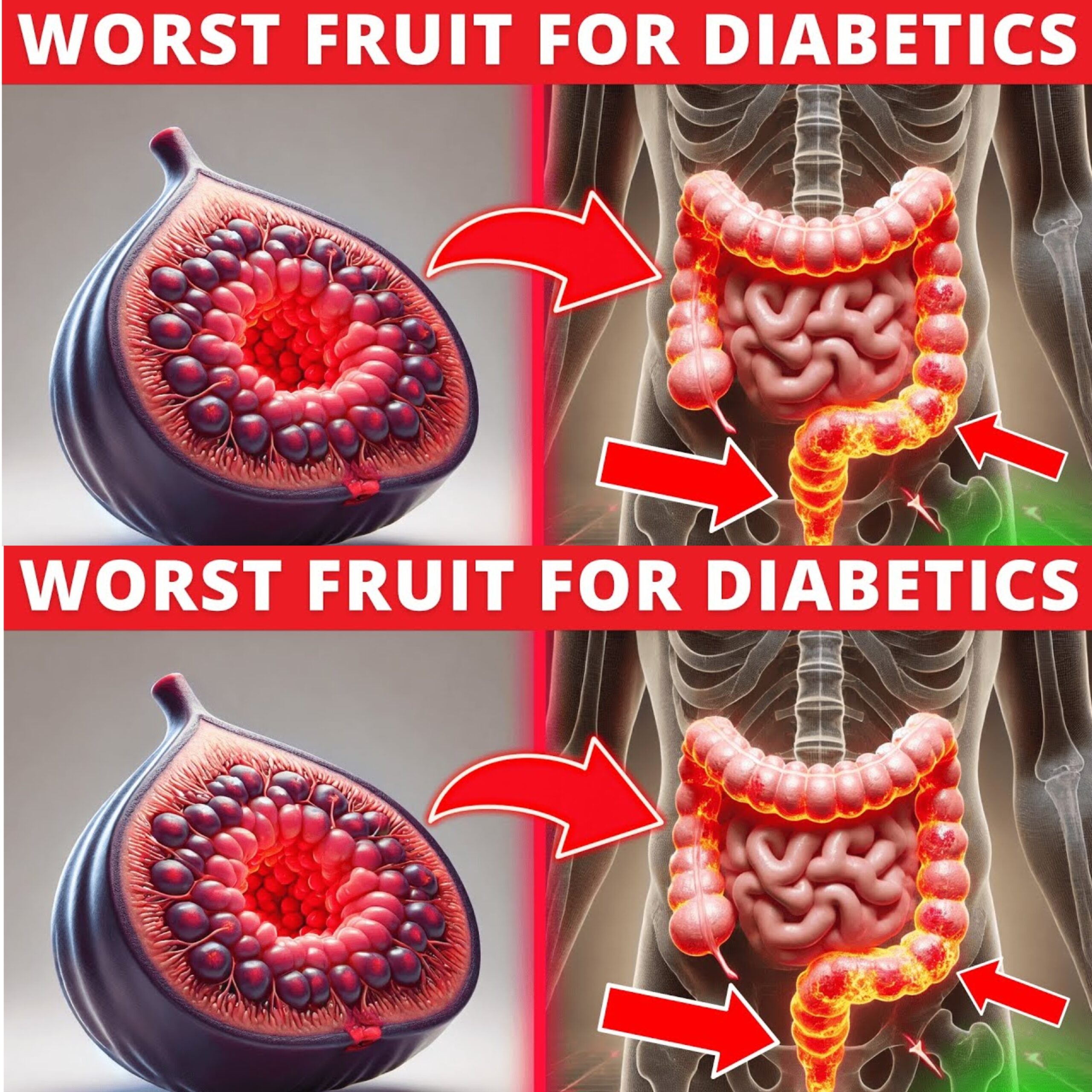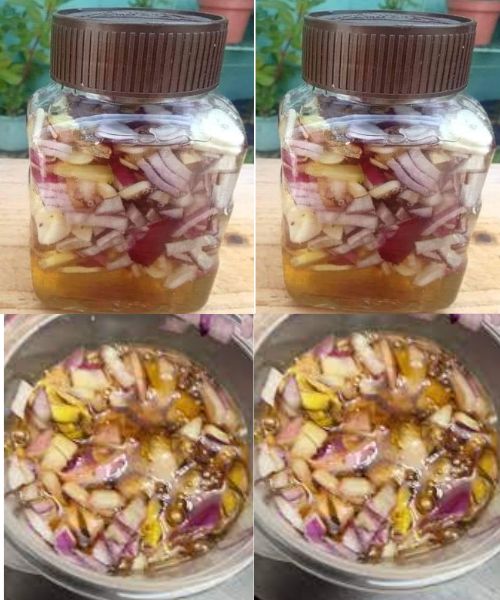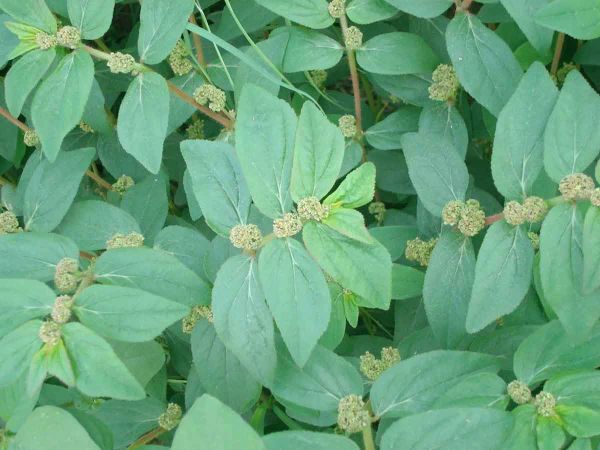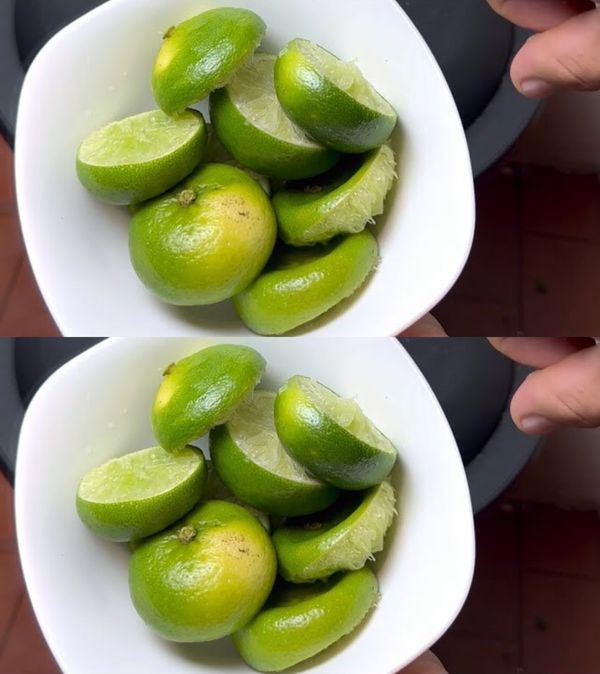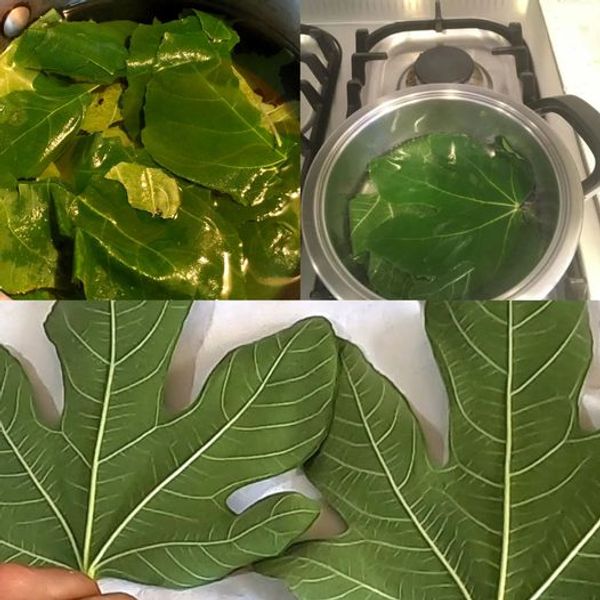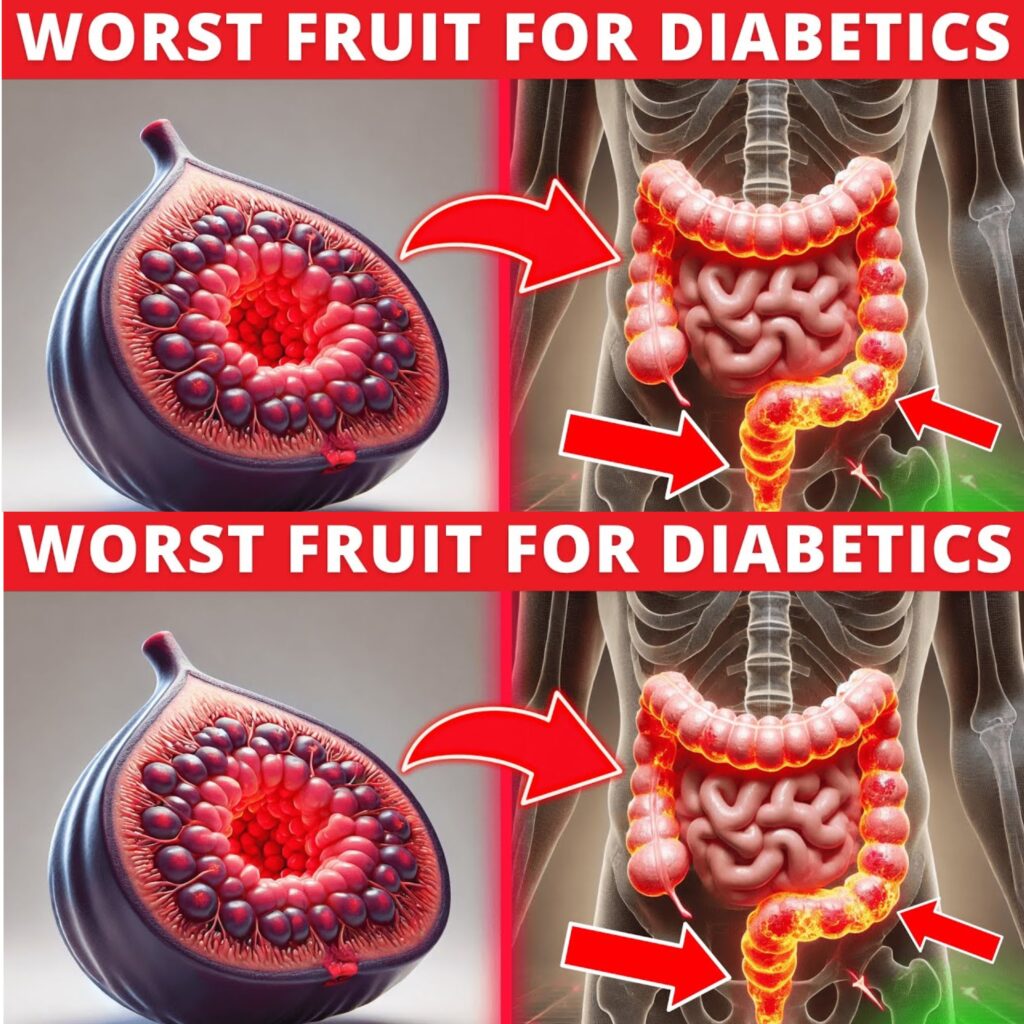
Fruits are a natural source of essential nutrients, but for individuals with diabetes, some fruits are better than others. While fruits are healthful, those with high sugar content can cause spikes in blood sugar levels. Here are the 10 fruits that diabetics might consider avoiding or consuming minimally due to their high glycemic index (GI) and glycemic load (GL):
1. Pineapple: Pineapple is high in sugar and has a moderate to high GI, making it less ideal for diabetics as it can cause blood sugar levels to rise quickly.
2. Watermelon: Watermelon, while refreshing, has a high GI. It is best consumed in very small amounts if at all, as it can lead to rapid increases in blood glucose levels.
3. Mango: Mangoes are rich in sugar and carbohydrates. Though they are packed with nutrients, their high GI can be a concern for those managing diabetes.
4. Banana: Ripe bananas have a high sugar content. Opt for less ripe bananas if you enjoy this fruit, as they have slightly lower sugar levels.
5. Dates: Dates are very sweet and dense in calories and carbohydrates, which can cause significant spikes in blood sugar levels.
6. Lychee: This tropical fruit, though nutrient-dense, is high in natural sugars, which can quickly increase blood sugar levels.
7. Grapes: Grapes, particularly the sweeter varieties, have a high sugar content and can raise blood glucose levels faster than other fruits.
8. Cherries: While cherries have a lower GI than some other fruits, they are high in natural sugars and should be eaten in moderation.
9. Figs: Figs are nutrient-rich but also high in sugar and calories, making them less suitable for diabetics when consumed in large quantities.
10. Dried fruits: All dried fruits, including raisins, dried apricots, and prunes, are concentrated sources of sugar and should be avoided or consumed sparingly.
Managing Fruit Intake for Diabetics:
-
Portion Control: It’s essential to monitor portion sizes when consuming fruit if you have diabetes.
-
Pairing: Pair fruits with proteins or healthy fats to mitigate the impact on blood sugar levels.
-
Choosing Low GI Fruits: Opt for fruits with a lower glycemic index, such as berries, apples, and pears, which have a slower impact on blood sugar.
-
Monitoring Blood Sugar: Always keep an eye on how different fruits affect your blood sugar levels.
Fruits are a valuable part of a balanced diet, even for those with diabetes, but selecting the right types and managing intake can help maintain optimal blood sugar control.
